- Home
- Health Condition
Medicine For Cancer
Medicine For Cancer
- Total Items (1503)
 RX
RXKryxana 200 mg Tablet 21's
₹22862.40
MRP ₹25980
12% off
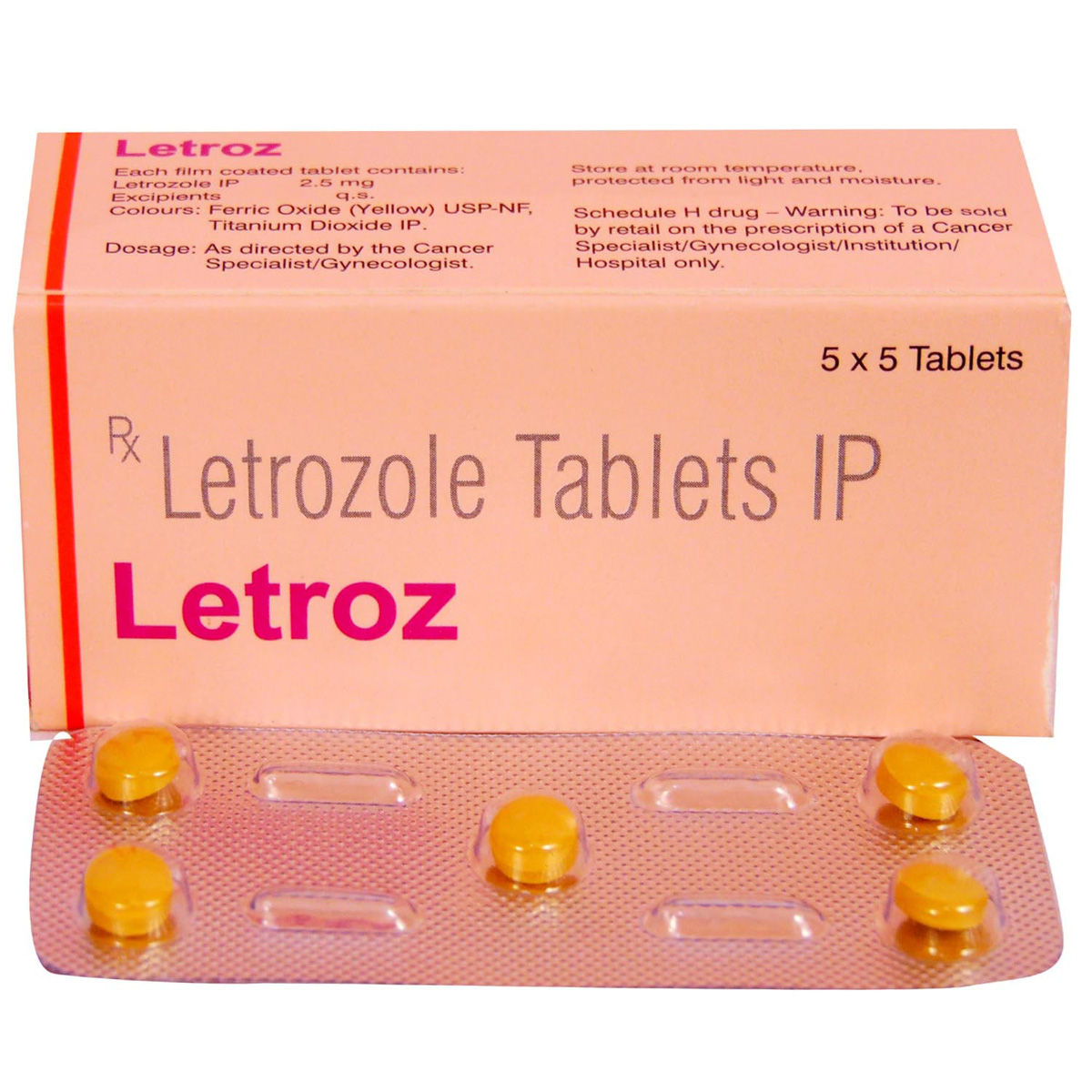 RX
RXLetroz Tablet 5's
₹149.90
MRP ₹166.50
10% off
 RX
RXLenvima 4 mg Capsule 10's
₹11181.50
MRP ₹11770
5% off
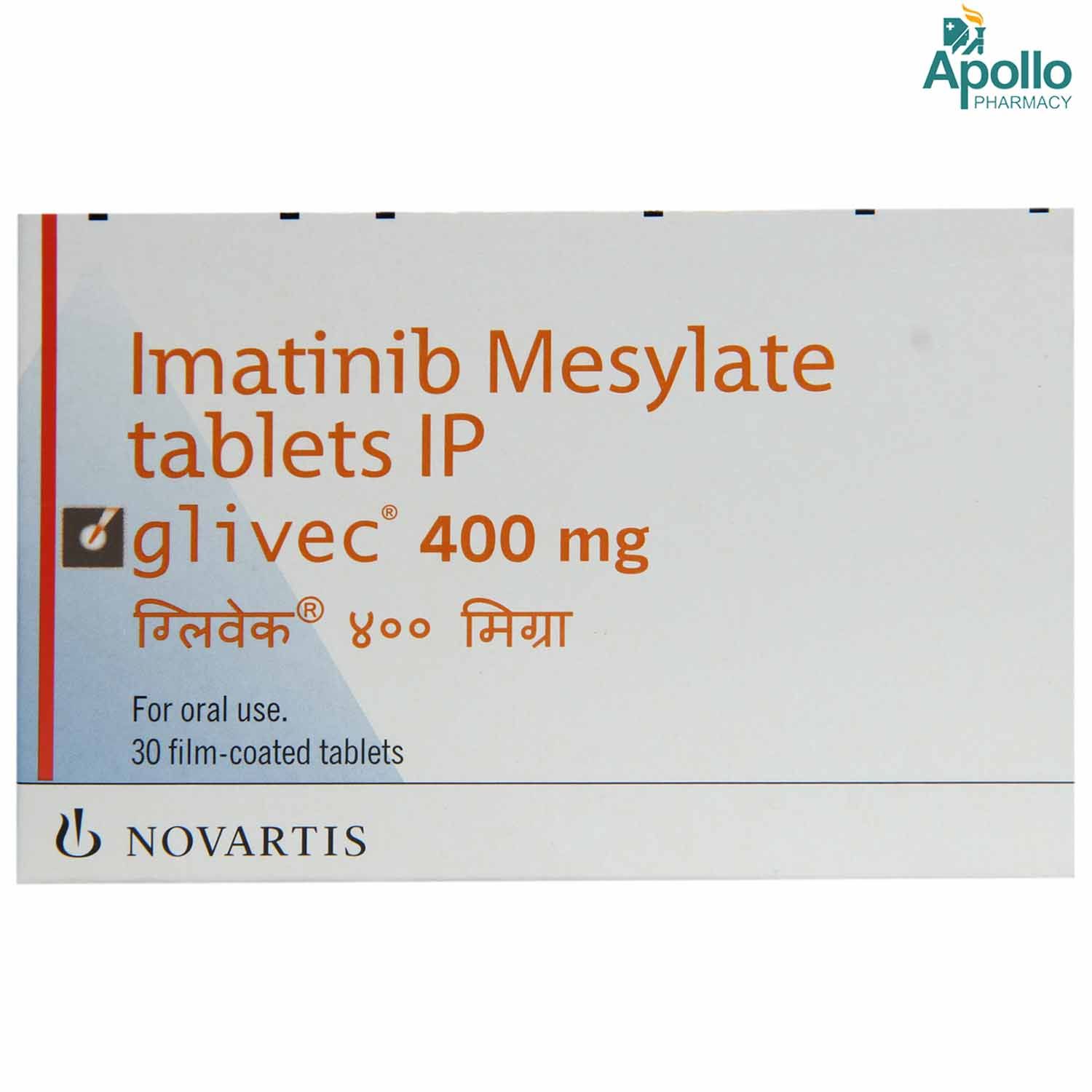 RX
RXGlivec 400 mg Tablet 10's
₹1967.20
MRP ₹2235.50
12% off
 RX
RXXeloda 500 mg Tablet 10's
₹1110.56
MRP ₹1262
12% off
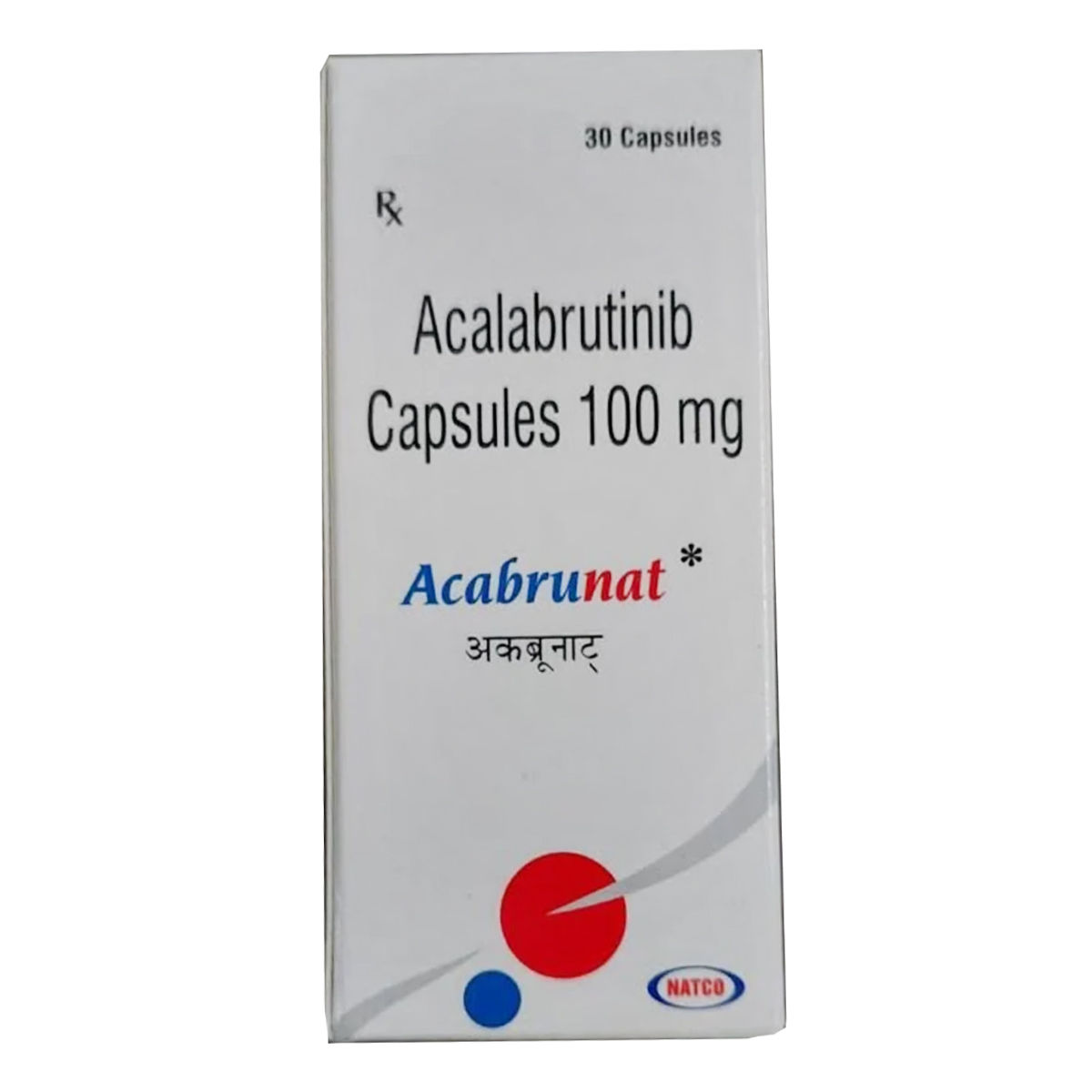 RX
RXAcabrunat 100 Capsule 30's
₹13640
MRP ₹15500
12% off
 RX
RXAsunra 400 mg Tablet 6's
₹863.60
MRP ₹909
5% off
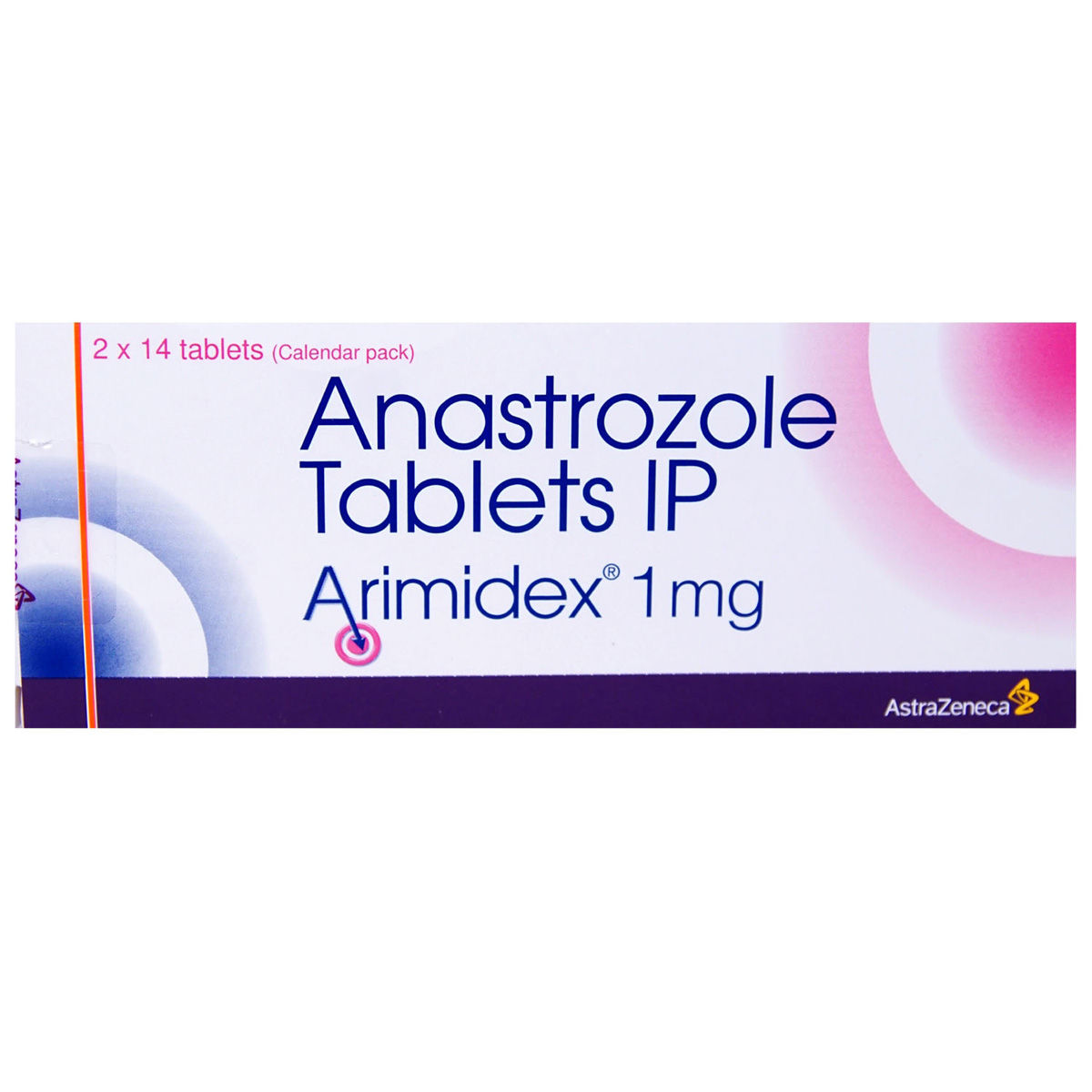 RX
RXArimidex 1 Tablet 14's
₹3097.60
MRP ₹3777.50
18% off
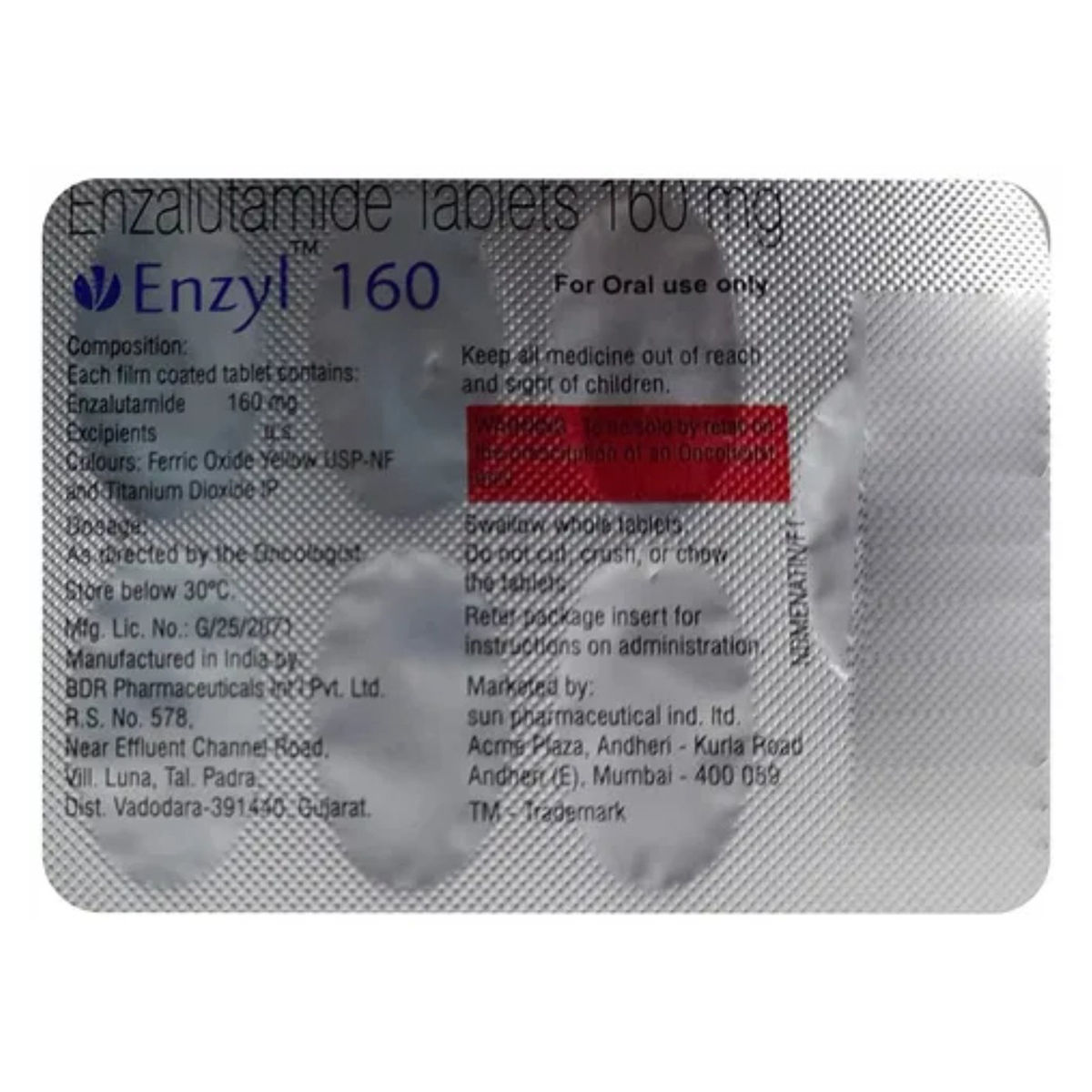 RX
RXEnzyl 160 Tablet 7's
₹5280.80
MRP ₹6440
18% off
 RX
RXPivikto 150 mg Tablet 28's
₹37601
MRP ₹39580
5% off
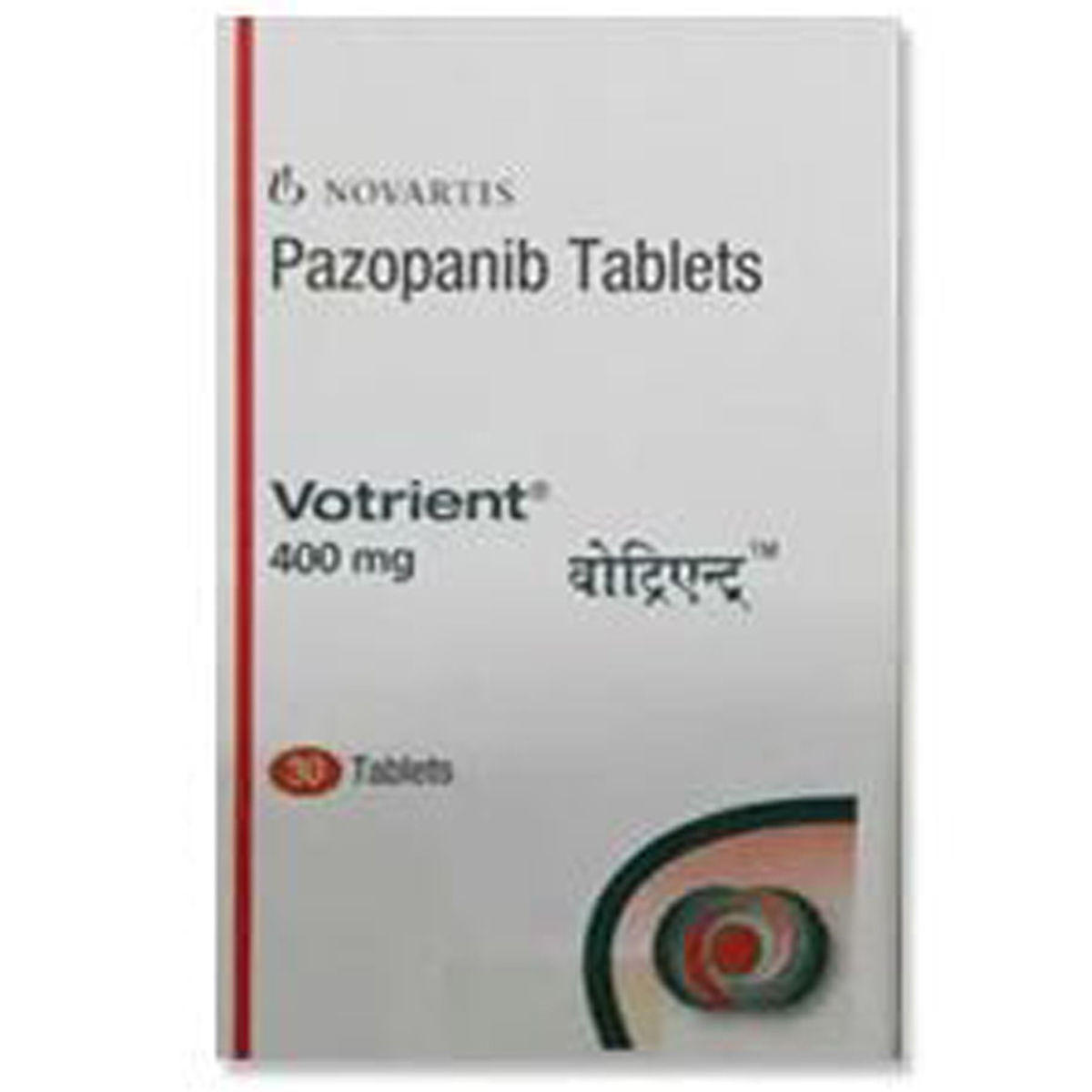 RX
RXVotrient 400 mg Tablet 30's
₹15285.60
MRP ₹17370
12% off
 RX
RXAltraz Tablet 14's
₹728.60
MRP ₹809.50
10% off
 RX
RXLetroz Tablet 30's
₹886.20
MRP ₹984.50
10% off
 RX
RXLenangio 10 Capsule 10's
₹891.20
MRP ₹1114
20% off
 RX
RXJakavi 5 mg Tablet 10's
₹22434.30
MRP ₹23615
5% off
 RX
RXEnzyl 80 Capsule 14's
₹5280.80
MRP ₹6440
18% off
 RX
RXFemara 2.5 mg Tablet 10's
₹288.60
MRP ₹328
12% off
 RX
RXMegasty 160 Tablet 10's
₹952
MRP ₹1190
20% off
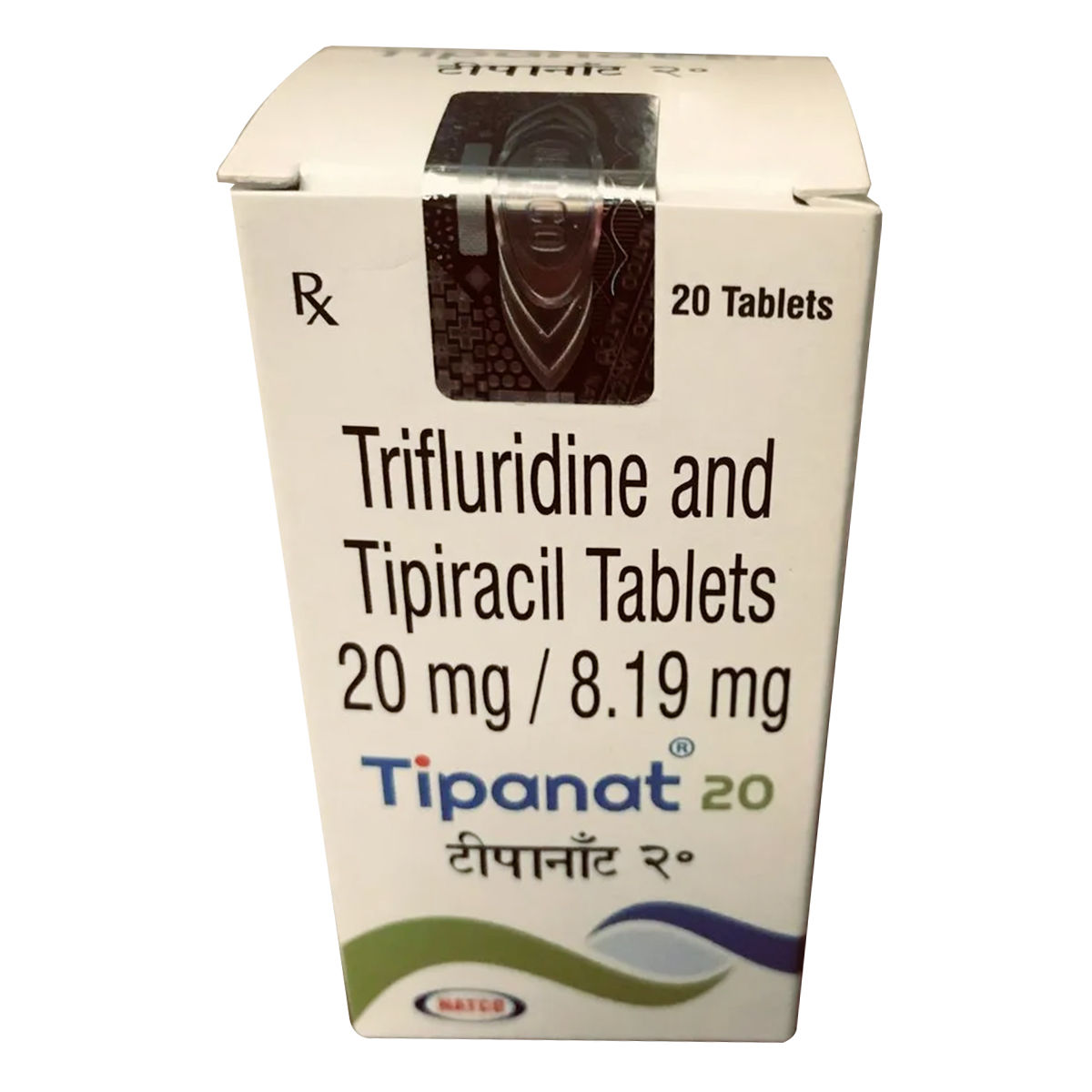 RX
RXTipanat 20 Tablet 20's
₹8200
MRP ₹10000
18% off
 RX
RXHonvan Tablet 10's
₹315.90
MRP ₹351
10% off
 RX
RXLenvatol 4 Capsule 10's
₹1678.10
MRP ₹1864.50
10% off
Medicine for Cancer
Cancer can be a daunting diagnosis, but advances in treatment options offer hope and better outcomes. If you or a loved one is facing cancer, it's important to understand the different medicines available to help fight the disease, manage symptoms, and improve quality of life. From chemotherapy to immunotherapy and targeted therapies, the right treatment can make a significant difference in your journey. In this article, we’ll guide you through the various types of medicines used for cancer, their benefits, how to use them effectively, and where you can find them online.
Types of Medicine for Cancer
Cancer treatment involves a combination of therapies aimed at treating the disease, managing symptoms, and improving quality of life. The treatment options can vary greatly depending on the type, stage of cancer, and the individual’s health. Here's an overview of the different types of medicines and therapies commonly used to treat cancer:
1. Chemotherapy
Chemotherapy is one of the most commonly used treatments for cancer. It uses powerful drugs to destroy or stop the growth of fast-growing cancer cells. Chemotherapy can be administered in several ways: orally, through an IV (intravenous), or topically for specific types of cancer. While chemotherapy is effective at targeting cancer cells, it may also affect healthy cells, leading to side effects. Common chemotherapy drugs include cyclophosphamide, doxorubicin, vincristine, and methotrexate.
2. Hormone Therapy
Certain cancers, such as breast and prostate cancer, are influenced by hormones that stimulate their growth. Hormone therapy works by either blocking these hormones or lowering their levels in the body to slow or stop cancer growth. This type of therapy is typically used for cancers that are hormone-sensitive. Some commonly used hormone therapies are tamoxifen, anastrozole, leuprolide, and fulvestrant.
3. Targeted Therapy
Targeted therapy is a newer, more precise approach that targets specific molecules involved in the growth and spread of cancer cells. These treatments are often based on genetic testing or molecular profiling of the cancer. By specifically targeting cancer-causing mutations, targeted therapy can often be more effective and cause fewer side effects compared to traditional chemotherapy. Examples of targeted therapies include bevacizumab, imatinib, palbociclib, and trastuzumab.
4. Immunotherapy
Immunotherapy helps to harness the body’s immune system to fight cancer. This treatment works by stimulating the immune system to recognise and destroy cancer cells. Immunotherapy can be used for various types of cancer and is particularly effective for cancers like melanoma, lung cancer, and bladder cancer. Notable immunotherapy drugs include nivolumab, pembrolizumab, and atezolizumab.
5. Radiation Therapy
Radiation therapy uses high-energy radiation to kill or shrink tumours by damaging the DNA inside cancer cells. This therapy can be used on its own or in combination with other treatments, such as chemotherapy or surgery. Radiation can be delivered externally (via a machine) or internally (by placing radioactive material close to the cancer cells). It’s commonly used for cancers like breast, prostate, lung, and brain cancer.
6. Stem Cell Transplant
Stem cell transplants are used primarily for blood cancers like leukaemia, lymphoma, and multiple myeloma. This treatment involves replacing damaged or destroyed bone marrow with healthy stem cells to restore the body’s ability to produce blood cells. Stem cells may come from the patient’s own body (autologous transplant) or a donor (allogeneic transplant).
7. Surgery
Surgery is often used to physically remove tumours or cancerous tissue from the body. It is commonly used for solid tumours that are localised and have not spread extensively. Surgery may be used in combination with other treatments, like chemotherapy or radiation, to ensure that all cancerous tissue is removed. In some cases, surgery can be used to alleviate symptoms caused by cancer or to prevent cancer recurrence.
8. Pain Management and Supportive Care
Cancer treatments can cause various side effects, including pain, nausea, and fatigue. Pain management and supportive care are essential to improving a patient’s quality of life. Medications such as pain relievers (opioids or non-opioid analgesics), anti-nausea drugs, and drugs to stimulate blood cell production are often used. These treatments help manage the side effects of cancer and its therapies, ensuring that patients are as comfortable as possible during their treatment journey.
Benefits of Using Medicine for Cancer
Cancer medicines offer several important benefits in the treatment and management of cancer. Here are some key benefits:
- Targeted Treatment: Some cancer medicines, such as targeted therapies, are designed to specifically target cancer cells while minimising damage to healthy cells. This can lead to more effective treatment with fewer side effects compared to traditional therapies.
- Shrinking Tumors: Chemotherapy, targeted therapies, and other cancer medicines can help shrink tumours, making them easier to remove surgically or reducing symptoms caused by the tumour pressing on nearby tissues.
- Preventing Cancer Spread: Certain cancer medications can prevent the spread (metastasis) of cancer cells to other parts of the body. This can help control the disease and prolong survival.
- Improving Survival Rates: Advances in cancer medicines have contributed to improved survival rates for many types of cancer. Medications like immunotherapy and targeted therapies have shown significant benefits in extending patients' lives.
- Reducing Symptoms: Cancer medicines can help alleviate symptoms associated with cancer, such as pain, nausea, and fatigue. This can improve the quality of life for patients undergoing treatment.
- Supporting Remission: In some cases, cancer medicines can help achieve complete remission, meaning that signs and symptoms of cancer are reduced or eliminated. This can lead to long-term survival and, in some cases, a cure.
- Preventing Recurrence: Hormone therapies and other medications can be used to prevent cancer recurrence after initial treatment. This is particularly important for hormone-sensitive cancers like breast and prostate cancer.
- Enhancing the Effectiveness of Other Treatments: Cancer medicines can be used in combination with other treatments such as surgery and radiation therapy to enhance their effectiveness. For example, neoadjuvant chemotherapy is used to shrink tumours before surgery.
- Managing Side Effects: Supportive care medications help manage side effects of cancer treatments, such as infections, low blood cell counts, and gastrointestinal issues. This allows patients to better tolerate their treatment regimen.
Dosage & Usage Instructions of Medicine for Cancer
Proper usage of cancer medications is critical to achieving the best results. Here are general guidelines for taking cancer medicines:
- Chemotherapy: Administered orally or intravenously (IV), chemotherapy drugs vary in dosage and schedule based on the specific regimen prescribed by your doctor. It's crucial to attend all appointments to ensure the correct dose and frequency of treatments are received.
- Targeted Therapy & Immunotherapy: These treatments can be given as pills, injections, or infusions. The doctor will prescribe a specific dosage and schedule based on the type of cancer and response to treatment. Some targeted therapies and immunotherapies are given as a single treatment, while others require ongoing cycles.
- Hormone Therapy: Often taken as oral medication, the dosage and frequency depend on the type of cancer and the specific medication used. Hormone therapy is typically taken for several months to years to prevent recurrence.
- Bone Marrow-Stimulating Agents: Usually administered as injections, the dosage and frequency depend on your blood cell count and your doctor’s instructions. Regular monitoring is necessary to ensure the treatment is effective.
Caution & Safety Considerations
Side Effect Management: Cancer medications can cause side effects. It's crucial to communicate any side effects you experience with your healthcare provider so they can adjust your treatment plan or provide supportive care.
- Lifestyle Considerations: Maintaining a healthy lifestyle, including a balanced diet, regular exercise, and adequate rest, can support your overall well-being during cancer treatment.
- Support Systems: Emotional and psychological support from family, friends, or support groups can be beneficial. Don't hesitate to seek professional help if needed.
- Stay Informed: Understanding your treatment plan and medications can empower you to make informed decisions about your care. Ask your healthcare provider any questions you have, and stay informed about new treatment options.
Buy Medicine for Cancer Online at Apollo 24|7
Managing cancer treatment can be a challenging process, but Apollo 24|7 aims to simplify certain aspects of it. While cancer treatment itself requires in-person consultations and specialised care, Apollo 24|7 offers convenient access to chemotherapy medications, medications for managing side effects, and other essential treatments. With the option to consult doctors and access lab tests through the app, you can stay connected to your healthcare team from home. Apollo 24|7 provides reliable delivery of your prescribed medications, ensuring you get what you need without the extra hassle. While certain aspects of cancer care must be done in person, Apollo 24|7 offers support in managing medications and appointments more efficiently.
Frequently asked questions
Cancer medicines can be classified into several main types, including chemotherapy, targeted therapy, immunotherapy, hormone therapy, and bone marrow-stimulating agents. Each type has a specific mechanism of action and is used to treat different types of cancer.
The choice of cancer medication depends on various factors, including the type and stage of cancer, genetic or biomarker testing, and the patient's overall health. Your oncologist will work with you to develop a personalised treatment plan based on these factors.
Common side effects of cancer medicines vary depending on the type of medication. Chemotherapy can cause nausea, hair loss, and fatigue; targeted therapies may cause skin rash and diarrhoea; immunotherapy may lead to immune-related side effects; and hormone therapy may cause hot flashes and mood changes. Your healthcare provider will monitor and manage these side effects throughout your treatment.
The frequency and duration of cancer medication depend on the specific treatment regimen prescribed by your doctor. Some medications are taken daily, while others are administered weekly or every few weeks. It's important to follow your healthcare provider's instructions and attend all scheduled appointments.
Many patients are able to continue their normal activities during cancer treatment, but it depends on the individual and the specific medication being used. Some treatments may cause fatigue or other side effects that can impact daily activities. It's important to communicate with your healthcare provider about any concerns and make adjustments as needed.



